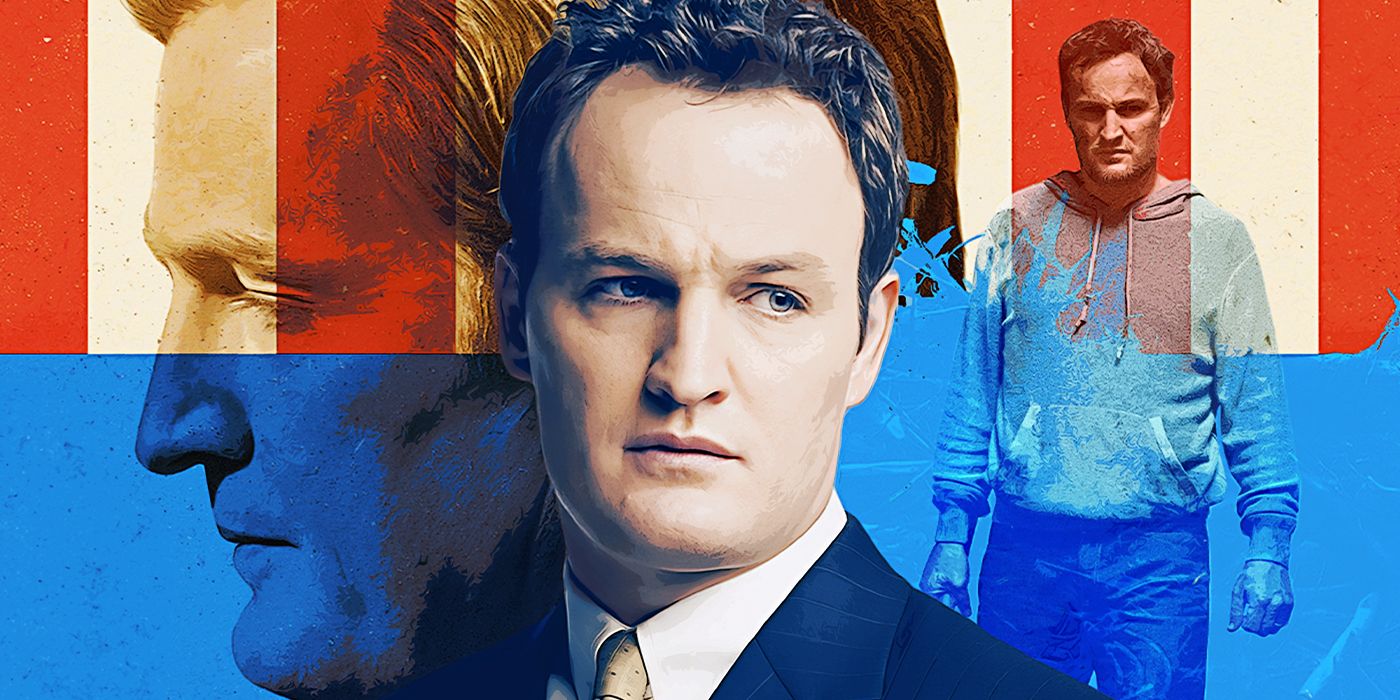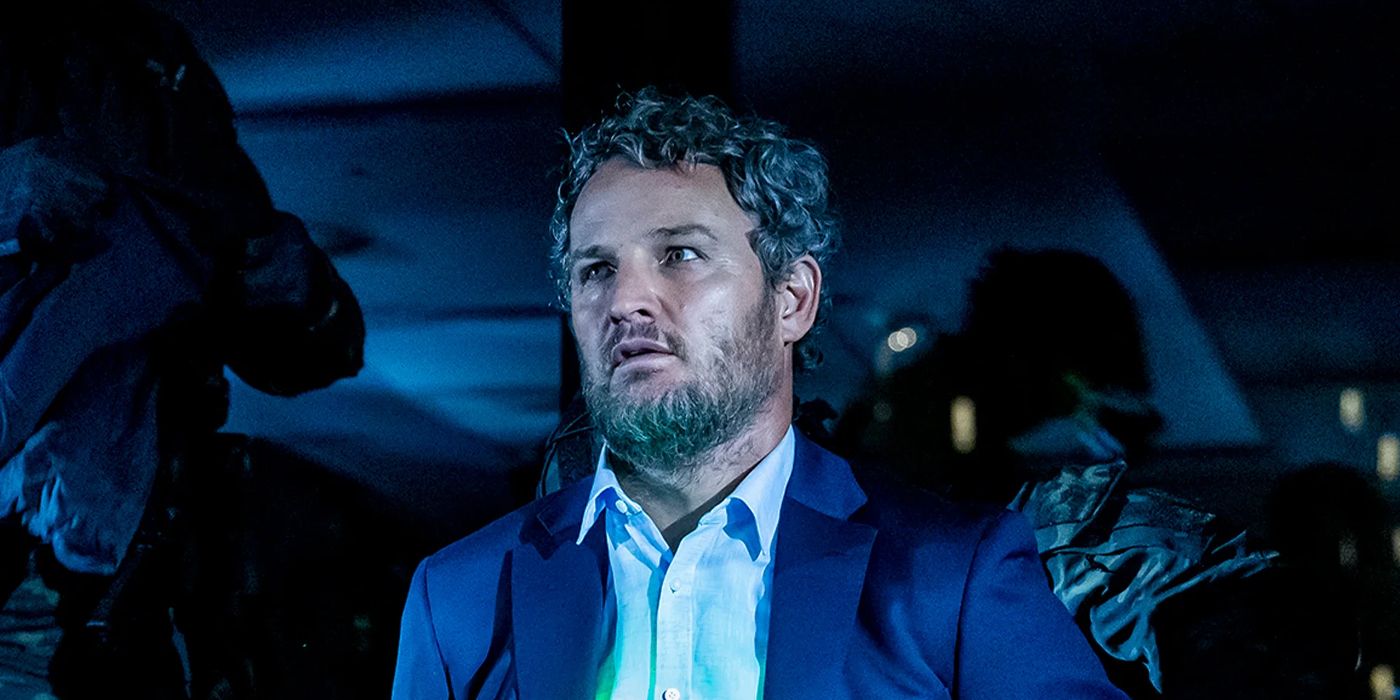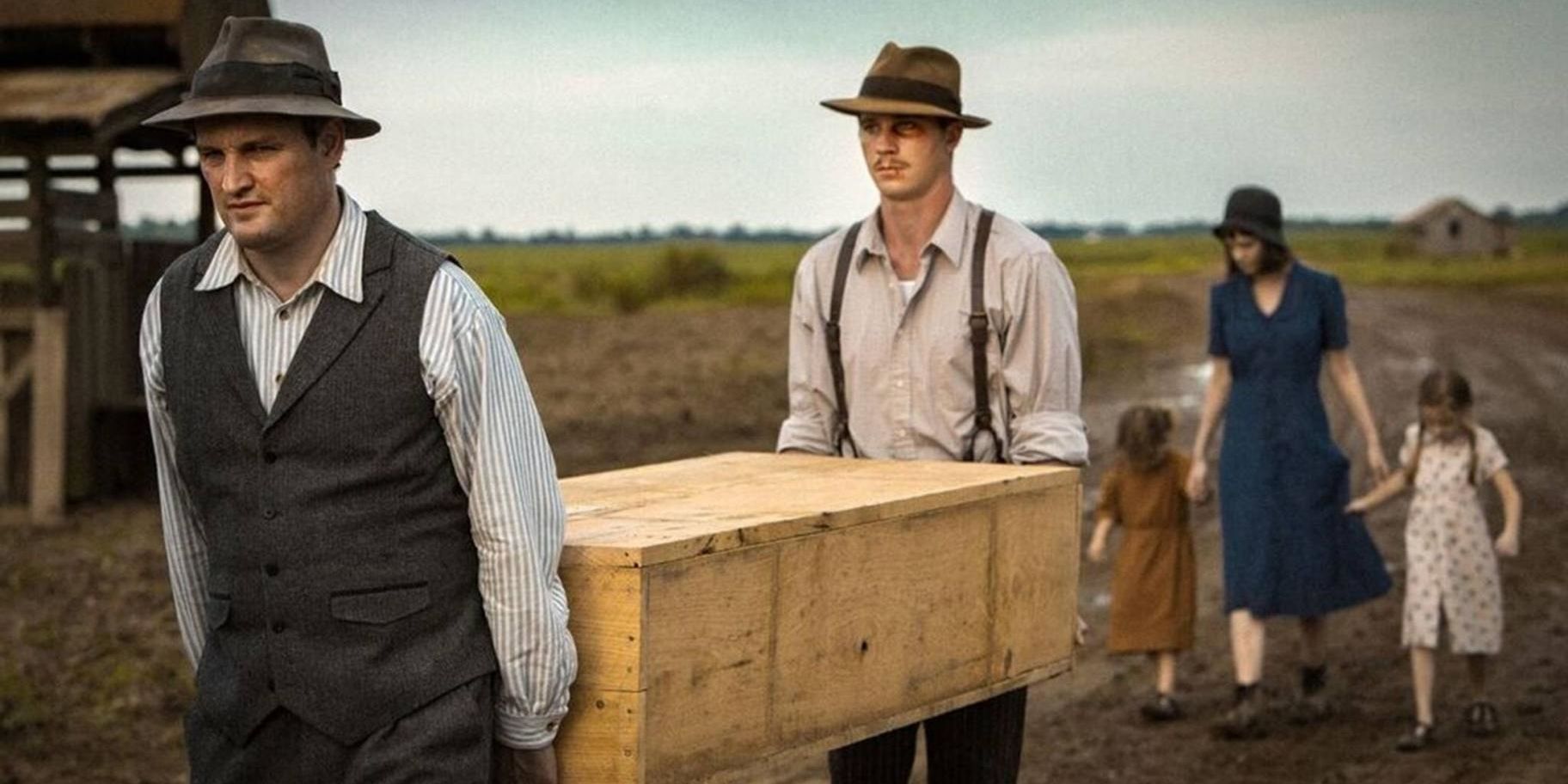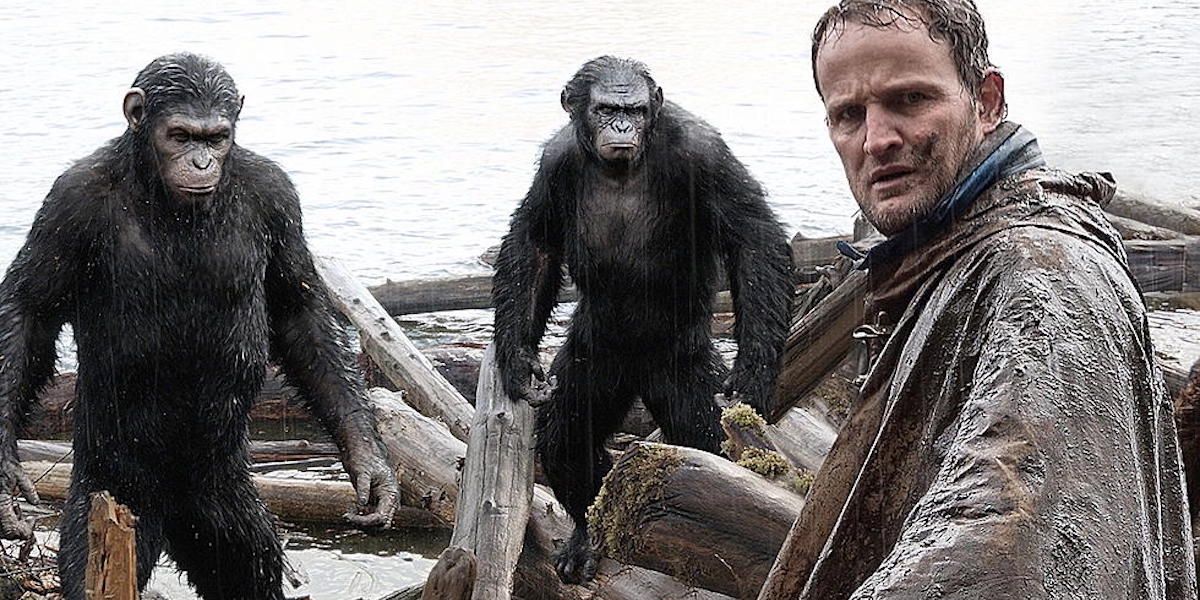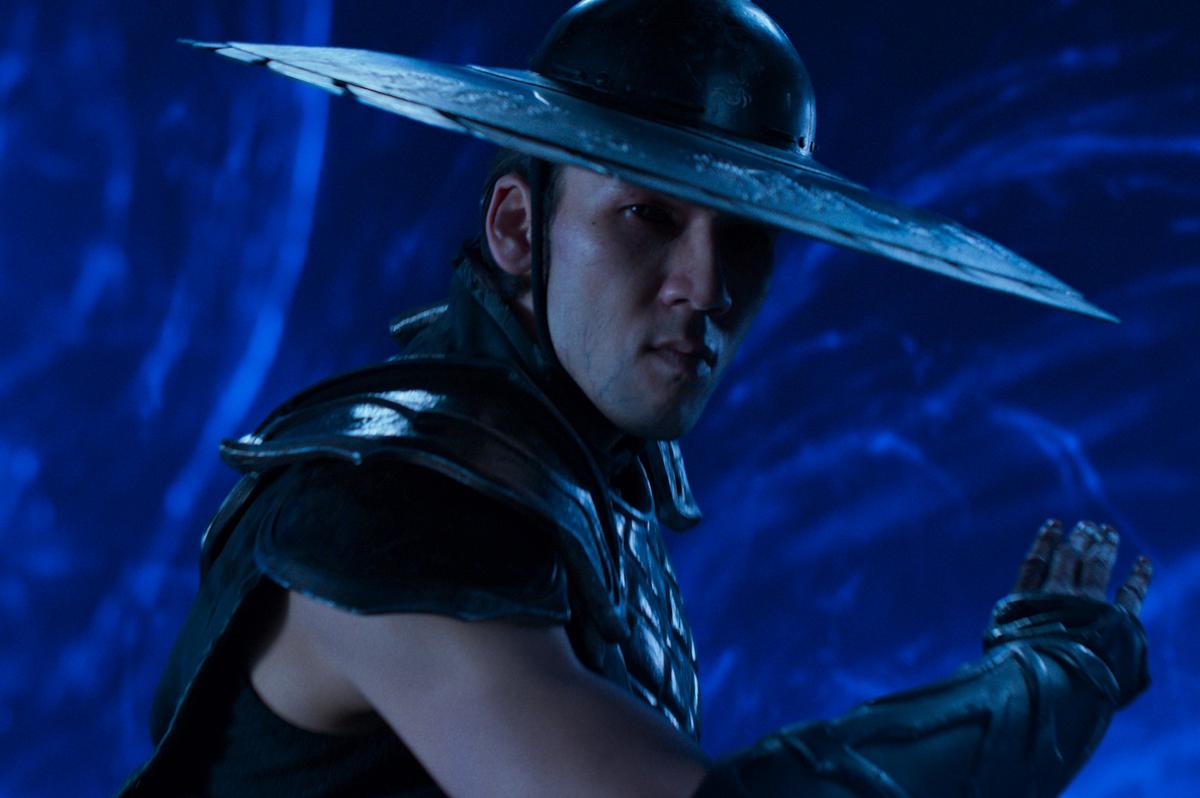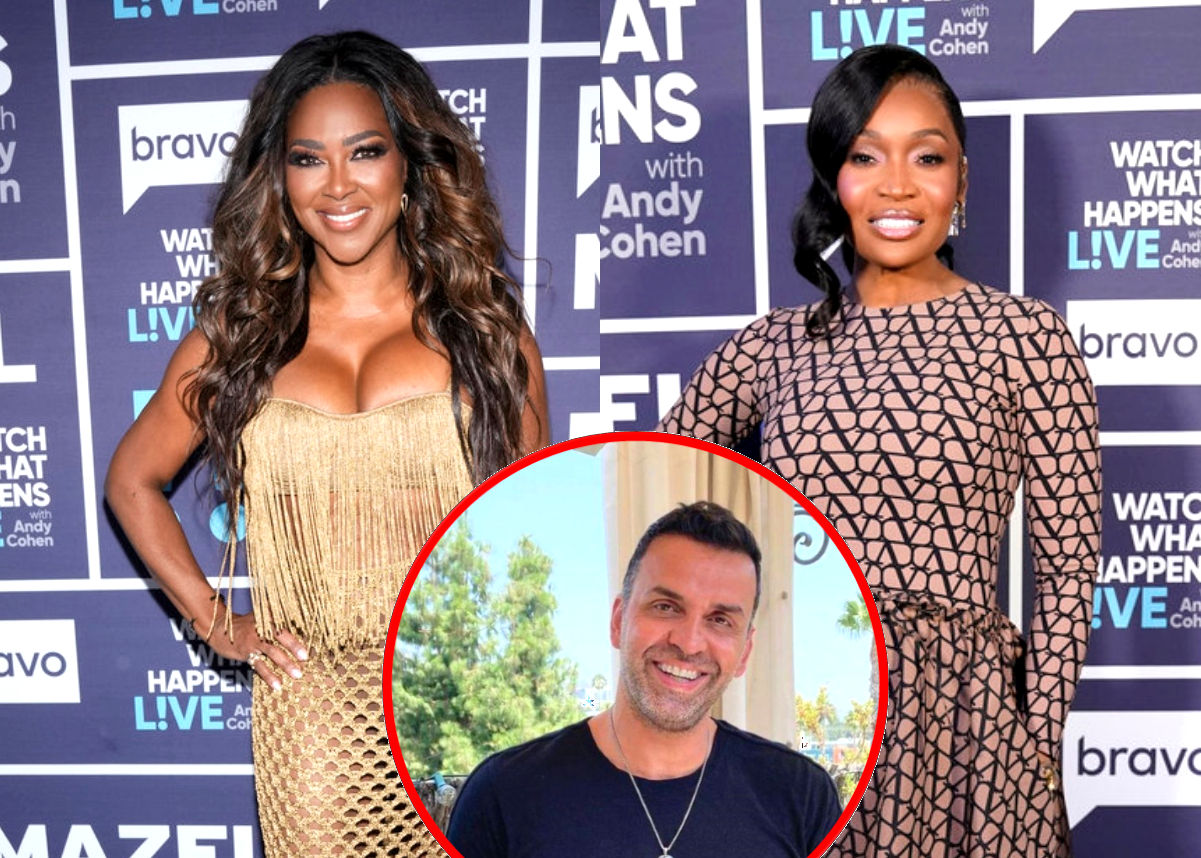The Big Picture
Jason Clarke has become a reliable actor for playing the “cucked husband” archetype. Despite not being a household name, Clarke has steadily built a career by working with acclaimed directors and taking on a wide range of roles. Clarke’s ability to portray both evil and ordinary characters with believability and depth has made him a sought-after actor in the industry.
Every generation gets the “cucked husband” character actor they deserve. In the 1940s, Claude Rains occupied that role. James Marsden was the go-to choice for this archetype in the 2000s, as he got his romantic interests swooped out from under his nose by everyone from Ryan Gosling to Superman. In the modern world, Jason Clarke has become a reliable pick to occupy those kinds of characters. If you need an adversarial figure to play a man you want to see lose his spouse to the more conventionally attractive protagonist, Clarke’s your man. Even the 2017 Dee Rees directorial effort Mudbound features Clarke as Henry McAllan, a man caught in a loveless marriage to Laura (Carey Mulligan) that reaches a new low once he suspects she’s cheating on him with his brother, Jamie (Garrett Hedlund).
When he isn’t making Claude Rains and James Marsden proud by getting cucked on the silver screen, Jason Clarke is also a go-to man to play antagonistic characters in projects ranging from Pet Sematary to Terminator: Genisys to White House Down. Though it may sound like there are limited types of roles Clarke can inhabit, this actor has proven quietly prolific in his acting exploits since 2010 and occupied a wide variety of types of movies, all while working with some of the most acclaimed auteurs today, as seen by his presence in Christopher Nolan’s Oppenheimer. Though he may not be a household name performer to many, Jason Clarke has steadily transformed into one of the most notable “that guy” actors in the mainstream cinema landscape today.
Where Did Jason Clarke Come From?
Born in Queensland, Australia, Jason Clarke’s initial forays into acting were in projects that were either made or shot in his home country. Australian movies like Better Than Sex, Rabbit-Proof Fence, and You Can’t Stop the Murders were all home to the first motion picture performances of Clarke. Unsurprisingly, his earliest major acting gigs in technically American productions were largely ones shot in Australia. Farscape, for instance, used Clarke for four separate episodes since it was largely shot down under. By the middle of the 2000s, though, Clarke was starting to show up in more things outside his native country.
Specifically, in 2006, Clarke began headlining an American television show by the name of Brotherhood. It was a massive promotion for Clarke, who got to play the lead character of a major premium cable program. The era of prestige cable programming beyond the borders of HBO was still in its infancy at this time (Dexter and Weeds had both just launched their first seasons on Showtime less than a year before Brotherhood debuted), but it was still a great high-profile launchpad for Clarke’s talents. Brotherhood creator Blake Masters explained to IGN that casting Clarke in the series may have seemed like a bold move, but he wanted to deliver actors that audiences weren’t super familiar with and who immediately conveyed a sense of reality. Clarke’s relative obscurity at the time and his ability to exude authenticity made him a perfect fit for Brotherhood.
Though Brotherhood only lasted three seasons and hasn’t necessarily become a beloved pop culture institution in the years since its demise, it did establish several key elements that would define Clarke’s career from here on out. For starters, Clarke tended to gravitate toward darker material full of moral complexities. For another, Clarke was a go-to pick for artists who wanted their works to be populated by actors who looked like people, not supermodels. Jason Clarke wasn’t a household name in 2006 just as he isn’t today, but that’s an asset to him, not a reflection of him being “a failure.” Not having a Chris Pratt or Arnold Schwarzenegger-level celebrity profile allows him to appeal to distinctive artists like Masters and slip more easily into down-to-Earth roles.
Clarke’s gifts as an actor got him some key movie roles in the late 2000s and early 2010s in projects like Public Enemies and Wall Street: Money Never Sleeps. Clarke also headlined the Fox cop drama The Chicago Code, which only lasted 13 episodes before getting canned. Having headlined two TV shows that didn’t quite go the distance must’ve been a discouraging moment for Clarke, but his entire career was about to change in 2012 thanks to his memorable role in Kathryn Bigelow’s Zero Dark Thirty. Playing Daniel Stanton, a man who has a soft spot for monkeys and who brutally carries out torture techniques against detained prisoners, Clarke was incredibly compelling in the role. Even better, this was a movie people actually saw and talked about. Zero Dark Thirty became a box office hit and a Best Picture nominee. A new day had dawned for Clarke and his talents as an actor were about to be put to heavy use.
The Joys of Jason Clarke’s Modern Acting
After Zero Dark Thirty, Clarke went the route all promising dramatic actors and directors went down in the early-to-mid-2010s: blockbuster cinema. There was no better domain, apparently, for gifted performers than signing long-term contracts for big franchise fare. Clarke would go on to inhabit the lead role of Dawn of the Planet of the Apes in 2014 and an evil version of John Connor the following year in Terminator: Genisys. The former role at least allowed Clarke to work with revolutionary special effects and to play a rare explicit “good guy” while the latter role was a total waste of Clarke’s skills as an actor.
Those skills include Clarke being really good at throwing himself into intense roles that steer into over-the-top territory. In 2012, the same year he delivered more down-to-Earth work in Zero Dark Thirty, Clarke played a bruiser in Lawless who grunts a lot and pushes unwanted folks off his family’s porch. That set a standard for Clarke having no problem playing aggressive human beings who leaned towards externalized depictions of their emotions. That made him a perfect fit for filmmakers like Baz Luhrmann, with whom Clarke worked with on The Great Gatsby, or Serenity, where his character openly boasts about having sexual relations with underage girls.
Clarke’s willingness to delve deep into such repulsive and often stylized roles is accompanied by an ability to often make those performances feel rooted in reality. He can go appropriately cartoonish if something like Serenity calls for it. However, Clarke is quite gifted in projects like Mudbound and Zero Dark Thirty depicting maximalist displays of evil while still making his characters feel like human beings. That serves a project like Zero Dark Thirty, for instance, well, since it makes the audience realize that it isn’t just over-the-top comic book villains who engage in horrific torture techniques. It’s also ordinary people who love their pet monkeys like their children. In other words, Clarke can make despicable behavior also feel hauntingly believable as something emanating from ordinary souls.
Clarke isn’t just good at depicting wicked evil humans, though. Most notably, his work as real-life astronaut Ed White in the criminally underrated First Man shows Clarke in endearing everyman mode. The character’s inevitable (and hauntingly realized) demise late in the film wouldn’t have hit home as hard as it did if Clarke didn’t carry such an agreeable air to the audience. Clarke’s ability to be just an ordinary human that got him that lead role on Brotherhood back in 2006 serves him incredibly well within the subdued, melancholy world of First Man. Ed White was an impressive man who went down in history books as the first person to ever walk in space. In the hands of Clarke, he’s depicted as another figure made of flesh and blood, one with such a likable aura that it becomes clear why Neil Armstrong (Ryan Gosling) considers him a friend. There are many reasons to bemoan First Man slipping through the cracks of history and Clarke’s terrific supporting work is certainly one of them.
Jason Clarke Is in Demand for Good Reason
The most impressive testament to Jason Clarke’s talents as an actor is just how many iconic directors he’s worked with in his forays on the silver screen. Two of the first American directors he ever worked with were Michael Mann and Oliver Stone, which set a precedent for the sort of talent that would be attracted to him in the future. Since then, Clarke’s acted under the direction of folks like Baz Luhrmann, John Hillcoat, Kathryn Bigelow, Matt Reeves, Terrence Malick, Damien Chazelle, Antonio Campos, Christopher Nolan, and Dee Rees, to name a few. Truth be told, Clarke’s only a smidge below the likes of Adam Driver in terms of modern actors who’ve cultivated an impressive list of directorial collaborations.
Of course, why wouldn’t directors want to work with Clarke? Even in an otherwise disposable piece of blockbuster trash like Terminator: Genisys, Clarke is able to tap into some moments where he can actually convey discernible and interesting human emotions. Putting him into thoughtful dramas, he reliably delivers the goods as a believable human being that can morph into a variety of different roles. Plus, he’s a perfect pick for ensemble pieces like Mudbound or First Man. Because Clarke doesn’t overwhelm the movies he’s in with either his performances or external star image, he can just be another member of a larger cast with ease. This is especially helpful on something like Mudbound, where Clarke’s Henry McAllan causes a lot of conflict in the story but isn’t necessarily the focus as much as other figures like Laura McAllan (Carey Mulligan) and Ronsel Jackson (Jason Mitchell).
Clarke’s willingness to take on antagonistic characters who don’t have to be in the spotlight all the time serves the character of Henry McAllan perfectly in Mudbound, with this actor delivering one of the countless unforgettable performances within this Dee Rees directorial effort. His work here is an encapsulation of many of Clarke’s gifts as an actor that has put him in-demand with so many auteurs. No wonder he’s somebody so many audience members will immediately recognize and get excited about seeing when he’s on-screen, even if general moviegoers may not know his name right away.
Of course, several of those big-screen roles have involved Clarke playing characters who end up getting their girl snatched away by the film’s lead actor. It may sound like those are thankless roles on paper, but many of the actors who inhabited similar archetypes in the past have gone on to be beloved fixtures of cinema. Claude Rains, for instance, is one of the most celebrated character actors of the 1940s while James Marsden has garnered a large enough cult following to keep him regularly employed in acclaimed modern projects like Jury Duty. Similarly, Jason Clarke’s willingness to take on even the most despicable antagonistic “cuckee” roles is a microcosm of his audacious career choices that have made him such an exciting modern actor with an already impressive body of work.

